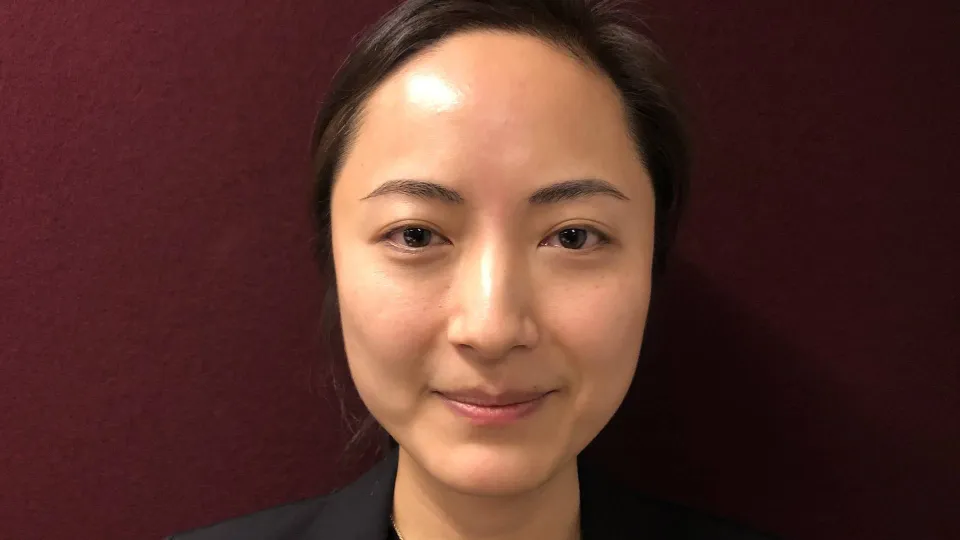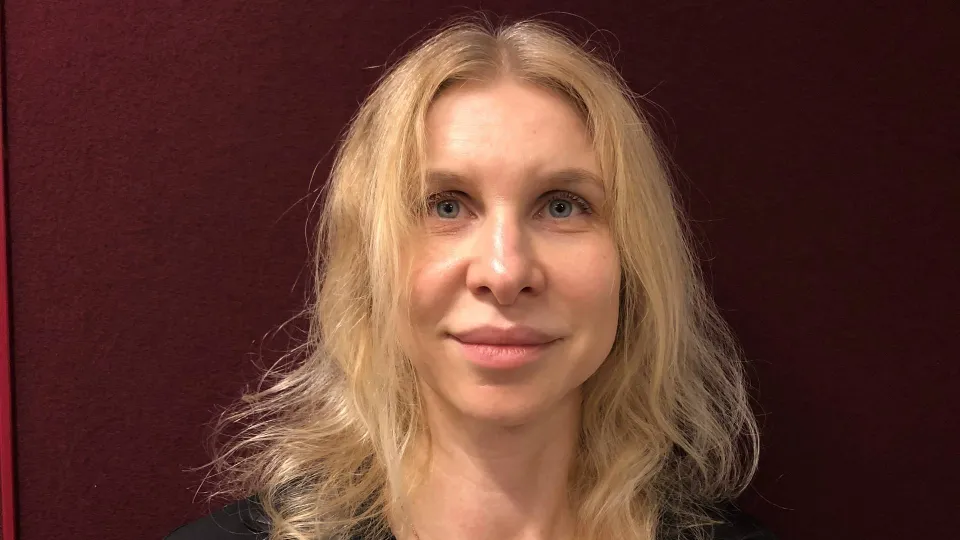They are a generation of future maritime leaders shaped both by Covid-19 and shutdowns and now by a world filled with tension. Four potential future managers enrolled in the Blue MBA program give their take on why it is important to improve your skills.
The Blue MBA program at Copenhagen Business School has never had as many enrolled students as in the class that started one year ago, who are now halfway through the program, which could potentially render them future leaders in shipping and logistics.
Perhaps it also says something about the need to educate oneself and acquire skills having never been greater than right now, at a time when the industry around the world is still deeply impacted by the Covid-19 pandemic, shutdowns and chaos at ports and in supply chains. In this way, the class of /2023 is shaped by the disruption that has in many ways changed what has been ”normal” in the industry. For good and for bad, as recent years has also created new ways of working together, which are probably not going to change.
WPO met with four of these students a few months after their enrollment to talk about acquiring leadership skills, and how the pandemic has changed the conditions in the sector.
Dhruv Kapur, vessel operations manager, Gulf Energy Maritime

Photo: Tomas Kristiansen
What are your main objectives with the Blue MBA?
”The diversity and wealth of experience that the class brings to the table is one of the key highlights of this program. The course serves as a fantastic opportunity to network with some of the leading industry professionals, thus helping you develop and further expand your professional network.”
”The classroom interactions and group discussions serve as the perfect recipe to have a broader understanding and knowledge of various segments within this industry. It would be next to impossible to find so much experience and knowledge under one roof.”
Do you believe skills and competencies are gaining importance in shipping, and if so, how is that reflected?
“Shipping has been witness to major global events over the last two years, the onset of the Covid-19 pandemic and the recent Russia-Ukraine war. Clearly these events came unannounced to the world, making markets react very differently across various shipping sectors. Such a situation hasn’t been experienced by the industry in recent times, adding volatility, uncertainty and a sense of confusion across the industry.”
”It is in times like these that skills and competencies play an integral part in decision making process, thus impacting the bottom lines of companies. Therefore, I believe that it is now more important than ever to have people with the right skills to identify, analyze and create solutions with the data that’s available.”
In terms of management, what are the lessons learned during Covid-19 at your company, or in general? And is that something that can be applied going forward?
”Many seafarers were unable to get back to their families despite their extraordinary circumstances back home. These circumstances began to take a toll on the mental health of seafarers, which began to deteriorate, and keeping crew motivated on board became an extremely challenging task for shipowners.”
”It is high time that the world recognized the contribution of seafarers to the world and understood the impact that seafarer shortage can have on the supply chains on the global economy.”
Zoe Zhou Yi, chartering, Bertling

Photo: Tomas Kristiansen
What are your main objectives with the Blue MBA?
”Forming an efficient and stable team is quite important, and our company is no exception. Working in a big shipping company, I saw over the past years different forms of employee mobility among different global offices, and I believe that a lot can be done, which interests me to study in a more scientific way.”
”The Blue MBA also provides an unique opportunity for me to look at the shipping industry from different angles rather than as a broker. Such experience could help me to take a break from an inherent mindset and gain a wider view of a lot of things.”
Do you believe skills and competencies are gaining importance in shipping, and if so, how is that reflected?
”I do believe skills and competencies are more and more important. New technology is making market information more and more transparent, squeezing the market space for brokers and leading to increased competition among existing brokers.”
”Furthermore, new technology is diminishing the barrier to the broker business, and more participants are joining, though competition is already fierce. Under such circumstances, we brokers need to figure out our special skills and competencies to stand out in the market. And actually, as far as I know, shipowners, traders and operators are facing the similar situation.”
In terms of management, what are the lessons learned during Covid-19 at your company, or in general? And is that something that can be applied going forward?
”I think we have found a new way, which was never thought about before Covid, that more flexible working /location can be applied, allowing employees to balance their work and family lives much better. I think it can be an important part of our company culture.”
Jan Peder Myklebost, head of shipping and inbound logistics, Hydro

Photo: Tomas Kristiansen
What are your main objectives with the Blue MBA?
”I am ambitious on behalf of the shipping and maritime industry. We are currently in a transformative time, and I feel a strong urge to play a part and to positively influence these developments.”
”The challenges we face as an industry are monumental. Consequently, it is about positioning and preparing yourself in the best possible way in order to find the most optimal solutions to overcome these challenges.”
Do you believe skills and competencies are gaining importance in shipping, and if so, how is that reflected?
”More than ever. The challenges we are facing as an industry require more skills and competencies as the world is becoming increasingly volatile, uncertain, complex and ambiguous. In addition to that, there are significant questions in regard to which propulsion technologies and zero-emission fuels will emerge as viable and logical solutions from a holistic perspective. This will require more from us as maritime executives.”
”The solutions that will be necessary to develop will require more collaboration, cooperation and coordination between the stakeholders in the maritime ecosystem. To orchestrate those joint efforts will require a deep understanding.”
In terms of management, what are the lessons learned during Covid-19 at your company, or in general? And is that something that can be applied going forward?
”I think there are several aspects, but there are three lessons that stand out the clearest for me. Leadership: In moments of hardship and uncertainty, visible leadership is fundamental. Expect the unexpected: To have contingency plans, to have a robust setup, processes and organization is absolutely fundamental. Supply chain management: During the pandemic it has become clear to many senior management teams and boards that supply chain management can be a competitive advantage.”
Olga Shevchenko, chartering manager, Kernel

Photo: Tomas Kristiansen
What are your main objectives with the Blue MBA?
”The main objective to participate in the program is to challenge myself in abandoning a standard way of doing my job. Being in the industry for many years makes you feel experienced and confident in managing the operational processes . But when you are locked in the everyday routine you are losing sensitivity to ongoing changes in today’s highly turbulent environment.”
”To catch up with the pace of the innovations is a chance to modify the stale , old-fashioned management style.”
Do you believe skills and competencies are gaining importance in shipping, and if so, how is that reflected?
”The shipping industry today is not only about goods transportation, but also about sensible consumption, environmentally friendly operations and sustainable management. The professional excellence is to be combined with soft skills and a flexible mindset.”






